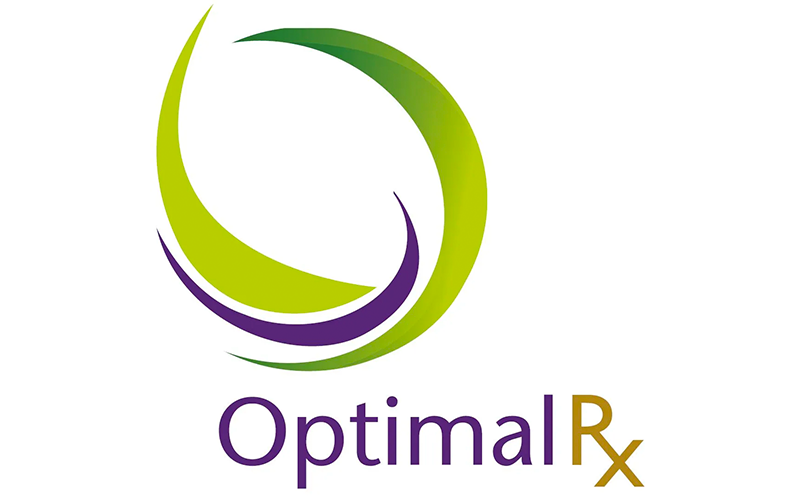Natural Tips to Help Balance Your Mental Health
With the global pandemic in the last few years bringing mental health issues into the limelight, now more than ever before, we are looking at alternative explanations for depression, anxiety, and other psychological concerns.
The rise in problems with mental health
Today there is more funding and support for mental health than ever before. Traditional treatment strategies might include cognitive behaviour therapy or prescribed medications. So why are the statistics revealing that the real-life impact on rates of mental health issues is so underwhelming?
Why are we more stressed?
Undoubtedly, the pandemic has resulted in increased stress experienced in the community. In addition, we are also dealing with inflation, supply shortages, less time connecting in real life replaced with more screen time, and sedentary behaviours. It’s no surprise that burnout, overwhelm, depression, anxiety, and other mental health concerns have increased significantly in the last few years.
Clues from the past
What’s interesting to consider is that generations past have endured extreme hardships beyond our comprehension but didn’t seem to experience long-term mental health concerns the same way. War, famine, depressions, and poverty are just a few of the stressful situations that our ancestors experienced.
However, it seems that stress, anxiety, and depression were not present at the same epidemic levels as in today’s world. The question is, why?
One clue may come from looking more closely at how they generally lived. It was a simpler life – vegetables were homegrown with natural fertilisers, they ate less meat, and processed food was neither available nor affordable for the average household.
Becoming more conscious of chemicals
Today we can see whole families daily eating processed foods and takeaways. Past generations did not consume the chemicals and preservatives in these foods in the amounts we see today.
A bandaid approach in treating mental health issues once they are already present is likely an ineffective strategy. Instead, we are seeing more of a push to identify and eliminate the environmental contributors that are disrupting emotional and psychological wellbeing in the first place.
Food additives and environmental chemicals
As time passes, you may begin intuitively swapping to more natural products, organic produce, and low-chemical household products. Often those switching to more nutrient-dense foods, reducing processed foods, reducing environmental chemicals, and opting for natural healing tools for their physical health are surprised to discover that their psychological health improves.
Many clients have reported that they did not even realise that they were living under a low-level fog of anxiety and depression until they noticed its absence. It may be that constant exposure to many different elements that negatively affect mental health could be having a cumulative effect.
While an additive that has been deemed safe for consumption may not have a significant impact on its own in small amounts, it’s difficult to factor in all the sources of potentially harmful chemicals from all of the many different sources of exposure in our lives.
When we consume a diet high in additives, preservatives, and chemicals, we know that we do not feel well after consuming these foods. You may have noticed yourself getting increasingly anxious, depressed, distracted, and having difficulties focusing or remembering things when you were less conscious of your diet. Still, perhaps you could not pinpoint exactly why you were experiencing these problems.
Asthma and allergies
Air pollution, chemicals in skincare and cosmetics, cleaning products, fragrances, food, water, tobacco products, and medications can all build up in our systems. Physical symptoms such as sensitivities and allergies can manifest when these reach a particular threshold.
One example is the additive 330, manufactured citric acid (MCA) produced from Aspergilus niger, otherwise known as black mould. Research studies have hypothesised that this additive may contain residual fragments of proteins thought to elicit a low-level immune response and inflammation, with systemic irritation that may result in allergies and asthma and affect the lungs.
Food allergies have more than doubled in the last 30 years. Recent statistics estimate that around 11% of the Australian population has asthma , and the incidence of asthma has increased by over 10%, despite Australia having high air quality compared to many other countries.
As anyone that struggles with allergies, sensitivities, or asthma will know, the emotional impact of coping with the stress and discomfort of chronic health conditions impacts your quality of life. This will, of course, affect overall psychological wellbeing.
Nutritional deficiencies and mental health
Another factor to consider is that nutritional deficiencies can be present from lower quality processed foods and lower nutrient whole foods. Nutrients in fruits, vegetables, and grains are up to 38% lower than they used to be 70 years ago.
It is interesting to note the Meyer and Byrne trial which was publicized in 2016 is a new step in prison based nutrition research. The 2002 trial conducted on 231 prisoners found that those who took multivitamins including Omega-3 supplements committed 35.1% fewer violent incidents after only 2 weeks on the supplement regime. The 2003 trial also on 231 inmates noted a 26% decrease in” antisocial behaviour that resulted in disciplinary action“. The funding for both trials were funded by Scotia Pharmaceuticals and Unigred Ltd.
A study on the prisoners in the Netherlands from 2010 which sought to replicate both the US and UK trials found that violent incidents reduced by 34%, A control group who didn’t receive the supplements for the length of the trial saw a 14% increase in violent incidents over the same period.
Three nutrients, in particular, are worth examining. Deficiencies of Zinc and Magnesium are linked to impaired brain development, as well as cognitive dysfunction, with links to attention deficient disorder and hyperactivity. Omega -3 capsules help raise the good HD , often used in treatment of ADHD, helps with macular degeneration .
8 Vitamins to help with stress and anxiety:
- B Complex helps calms the nervous system and a B6 and zinc are supplements used in the treatment of Pyrrole.
- Vitamin C is a natural antioxidant Vitamin C clears the body of excess cortisol scavenging loose electrons or free radicals.
- Vitamin E may reduce the effects of nonalcoholic fatty Liver, this alone is calming and helps us deal with anger .
- GABA – aminobutyric acid is a neurotransmitter, works to carry messages between brain cells and reduce the activity of neurons throughout the body. Low levels of GABA have shown to increase stress, pain and anxiet.
- 5-HTP (5-hydroxytyptophan) is another neurotransmitter. Low levels of 5-HTP have shown to increase stress, anxiety pain. The body uses 5-HTP to create Serotonin “the happy Chemical”. 5-HTP has proven to be most effective when treating anxiety and stress.
- Omega-3 capsules helps with brain health, is used to support arteries, and is found to be helpful with depression and anxiety.
- Zinc helps with respiratory tract infections, congestion, sore throat and being known to improve mood disorders.
- Magnesium helps bone health, reduce symptoms of depression and blood pressure.
Additional resources:
View the Bach Flower Remedies – emotional first aid using Bach flower remedies eBook here.
The post Natural Tips to Help Balance Your Mental Health appeared first on Naturopath Australia.










